Did you know? Many Australians are blindsided by hidden car costs, often realizing the financial burden only when it's too late. With over 20 million registered vehicles in Australia, understanding these overlooked expenses is crucial for both new and seasoned car owners. This article delves deep into the six hidden car costs that most Australians ignore, providing insights backed by data and real-world examples.
1. Depreciation: The Silent Wallet Drainer
Depreciation is the most significant hidden cost of car ownership. According to the Australian Bureau of Statistics (ABS), a new car loses approximately 20-30% of its value in the first year alone. This depreciation rate slows down after the initial years but continues to impact resale value significantly. The key takeaway here is to consider the total ownership cost, not just the purchase price.
Case Study: Jane’s Experience
Jane bought a $30,000 vehicle in Melbourne. Within a year, her car's value dropped to $21,000, a depreciation of 30%. This stark depreciation highlighted the importance of considering resale values when purchasing a vehicle. Choosing a car with a historically high resale value can mitigate this hidden cost.
2. Insurance Premium Surprises
While most Australians budget for car insurance, they often overlook the variables that influence premium costs. Factors such as age, driving history, and even postcode can dramatically impact insurance expenses. The Australian Competition & Consumer Commission (ACCC) has noted discrepancies in premiums, with younger drivers paying significantly more.
Pro Tip
Shop around and compare insurance providers. Small changes, like adjusting your excess or bundling policies, can lead to substantial savings.
3. Fuel Efficiency: More Than Just Mileage
Fuel costs are a constant expenditure for car owners. The Reserve Bank of Australia (RBA) reports that fuel prices have been volatile, affecting household budgets. However, beyond prices, the efficiency of your vehicle plays a critical role. Cars with poor fuel efficiency can cost hundreds more annually in fuel expenses.
People Also Ask
- How can I improve my car's fuel efficiency? Regular maintenance, proper tire inflation, and reducing excessive idling can enhance fuel efficiency.
- Does the type of fuel matter? Yes, using the recommended octane level can prevent engine knocking and improve performance.
4. Maintenance and Repairs: Beyond the Basics
Regular maintenance is an expected cost, but unexpected repairs can hit hard. The ABS highlights that the average Australian household spends around $1,500 annually on car maintenance. However, this figure can escalate with major repairs, particularly if the vehicle is out of warranty.
Biggest Mistakes to Avoid
- Ignoring regular servicing—leads to more significant, costlier problems.
- Choosing a non-reputable mechanic—can result in subpar repairs.
5. Registration and Taxes: The Recurring Bills
Vehicle registration fees and associated taxes are often overlooked until renewal notices arrive. In 2023, the average registration fee was approximately $800, varying by state. Additionally, the Australian Taxation Office (ATO) may levy luxury car taxes, impacting high-end vehicle owners.
6. Parking and Tolls: The Daily Drains
For urban dwellers, parking fees and tolls can quickly add up. In cities like Sydney and Melbourne, daily parking can cost up to $50, with toll roads adding to the expense. For those commuting daily, these costs can rival fuel expenses.
Controversial Take
Some experts argue that public transport improvements could reduce reliance on personal vehicles, decreasing these hidden costs. However, the convenience of car ownership and limited public transport options in some areas keep cars a necessity for many Australians.
Conclusion
Understanding the full spectrum of car ownership costs is essential for financial planning. From depreciation to daily parking fees, these hidden expenses can add up, impacting your budget significantly. By staying informed and planning for these costs, Australians can enjoy the benefits of car ownership without unexpected financial strain.
Final Takeaway: Want to minimize your car ownership costs? Regularly review your expenses, shop around for the best deals on insurance, and consider carpooling or public transport when feasible. Share your experiences or tips below!
Related Search Queries
- How to reduce car depreciation in Australia
- Cheap car insurance options in Sydney
- Fuel-efficient cars in Australia 2023
- Cost of car maintenance in Melbourne
- Car registration fees by state in Australia
- How to save on parking fees in Sydney




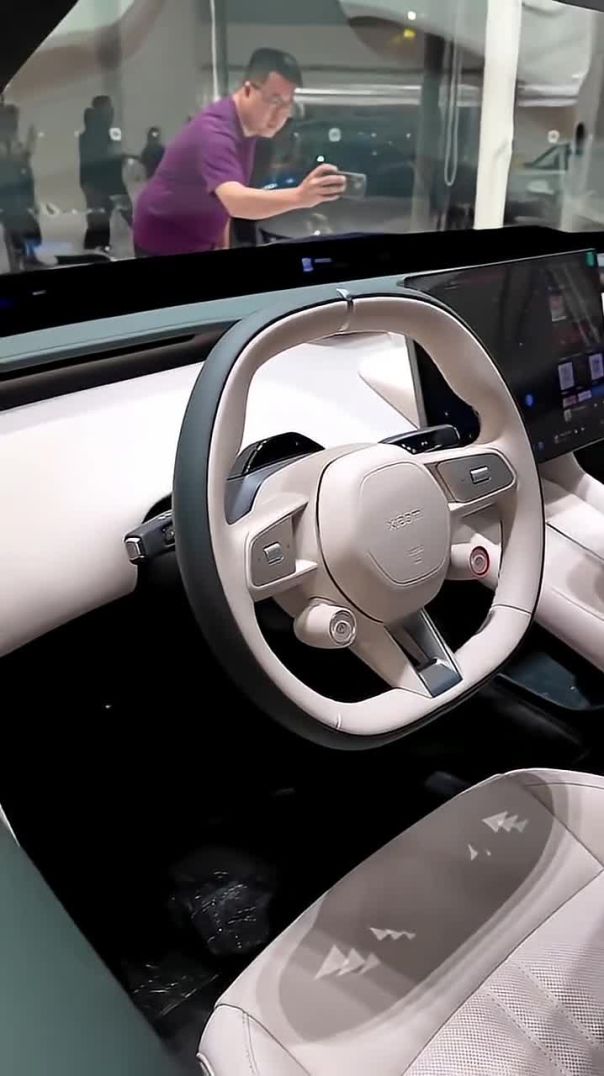


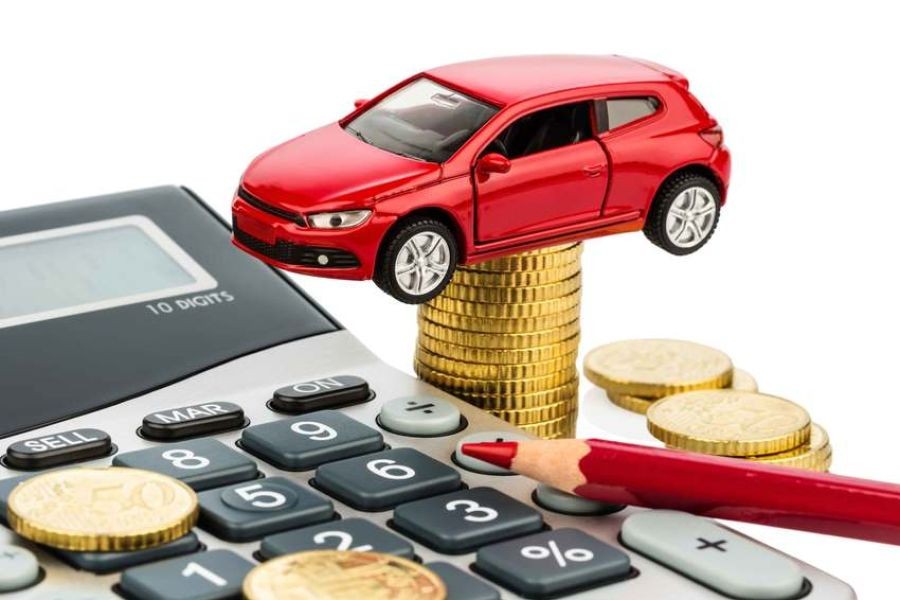
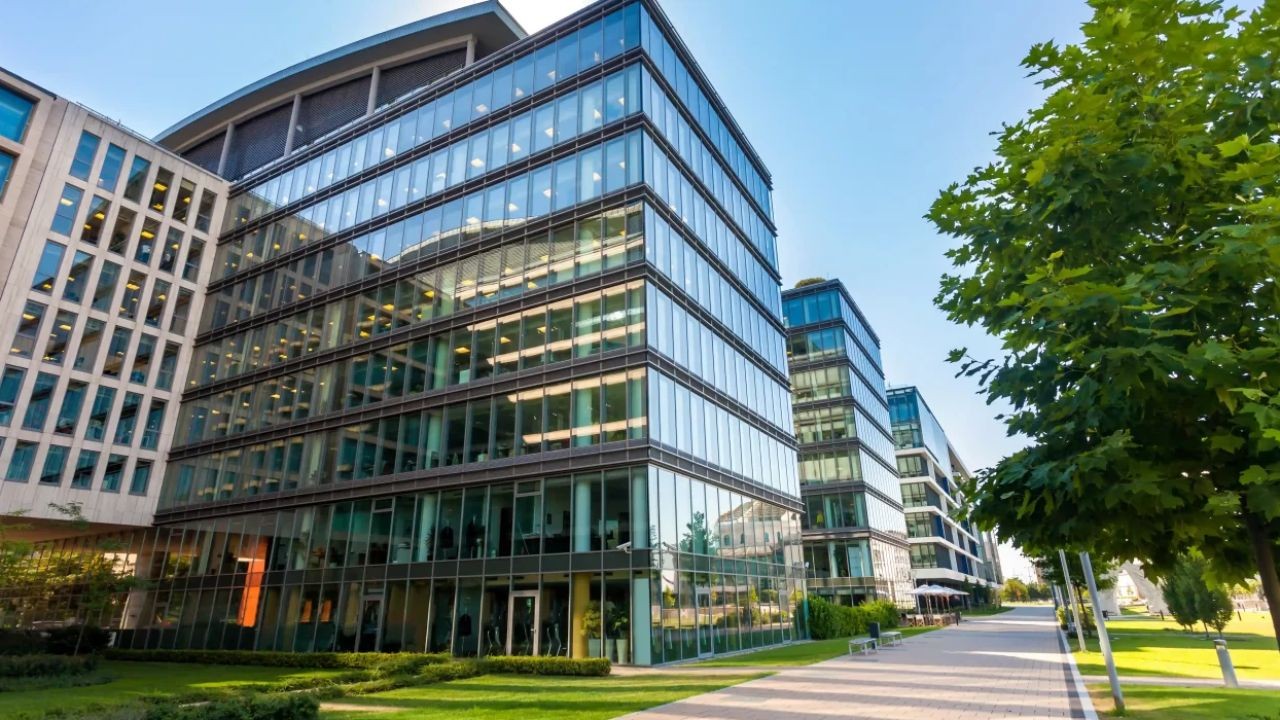



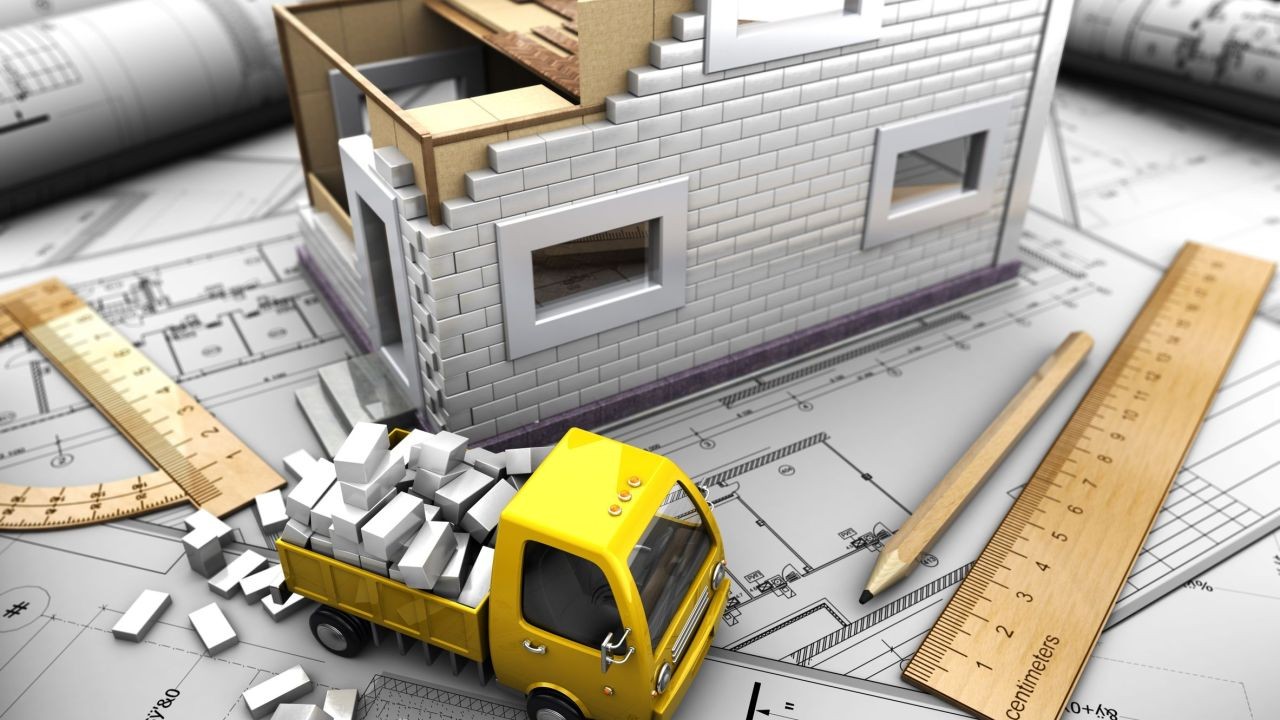


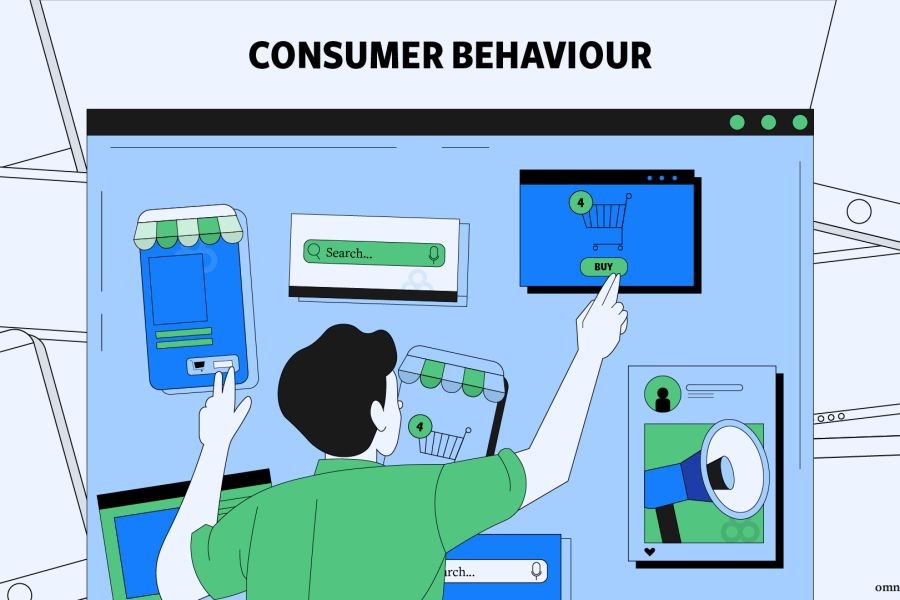








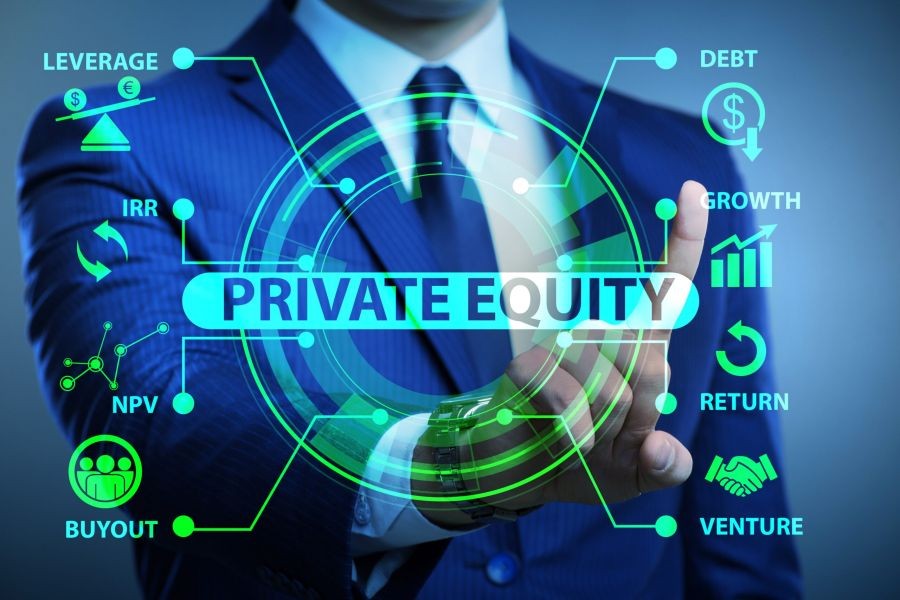







pedroantnionun
10 months ago